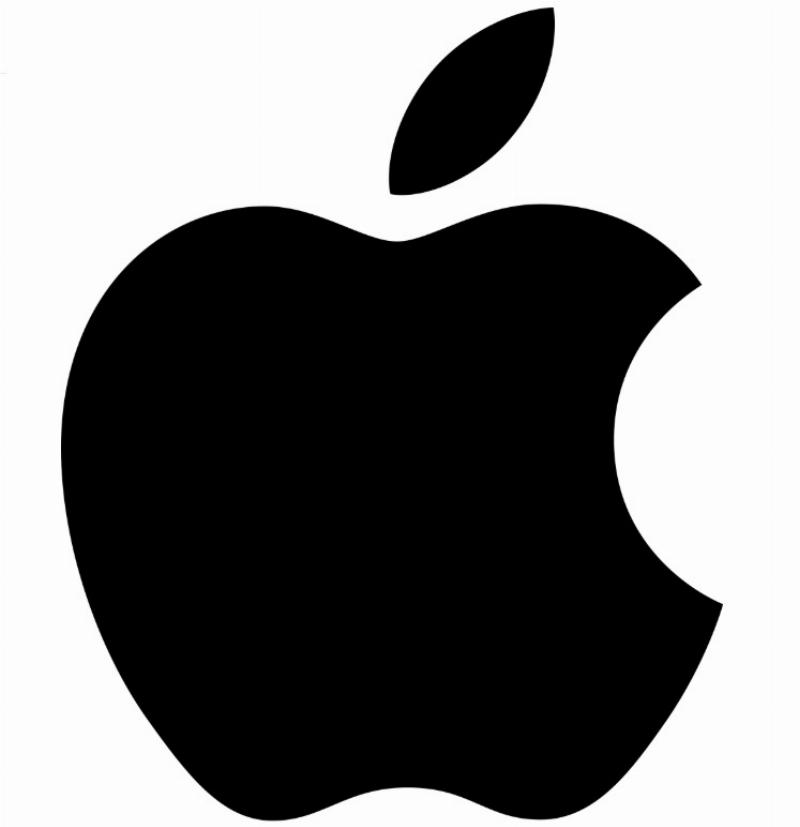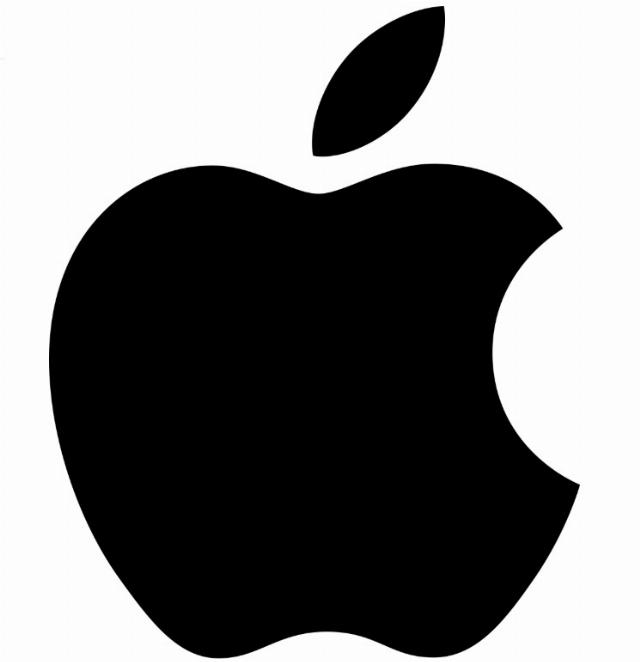


It was a Super Bowl XVIII snoozefest on January 22, 1984, with the Los Angeles Raiders obliterating the Washington Redskins at nearly every play. By the third quarter, commentators John Madden and Pat Summerall were likely wondering what could possibly restore viewer excitement during this irreversible blowout.
Then, out of nowhere, their wish was granted. Amazingly, it was not from the game, however, but an ad that was never supposed to air at all.
“Wow, what was that?” they said to one another after returning from the commercial break.
What they’d just witnessed, of course, was Marketing 101 abruptly rewritten. Apple’s now-legendary “1984” 60-second masterpiece positioned itself as a scrappy personal computing upstart fighting monopolistic control by “Big Brother,” known as IBM.
Two days later, Steve Jobs introduced the MacIntosh to uproarious applause and our world has never been the same.
By 2025, that Apple was no longer recognizable. How has it managed to become everything it once stood against?
Now, it’s in court for morphing into the very monopoly it once claimed to fight.
The Justice Department’s latest antitrust lawsuit says that Apple is boxing you into using their products and wildly overcharging as a result. Apple recently responded, denying everything. Days ago, the Trump DoJ replied by stating the company is dragging its feet to produce the documents it requested to move the case along, and it is asking the court to order the company’s cooperation.
 If the court agrees to do so, it will invite an even closer look at how the company has changed over the last two decades and why DoJ is right to step in.
If the court agrees to do so, it will invite an even closer look at how the company has changed over the last two decades and why DoJ is right to step in.
DoJ’s Allegations
According to the DoJ’s suit, Apple allegedly locks users into the company’s ecosystem by making it difficult to ever leave. To pressure customers into staying with them, it deliberately degrades cross-platform messaging quality and limits the features of non-Apple devices like smartwatches and payment apps.
DoJ also argues that Apple blocks competitors by shutting down potential rivals before they gain traction. One big example is Apple’s treatment of third party “super apps” that combine messaging, shopping. and payments all in one place. These let consumers do a lot without needing to rely so much on Apple’s own features. Because this threatens control over its users, it’s been charged with aggressively blocking or restricting these from its App Store.
Its tactics have been so heavy-handed that one tech website describes it as a “war.” The company has effectively blocked them from being sold, with one Apple manager commenting that allowing super apps would “let the barbarians in at the gate.”
Finally, DoJ contends that Apple blocks cloud-streaming gaming, which allow users to play video games on their phones without purchasing them directly. This neatly bypasses the 30 percent commission Apple charges on all in-app purchases and subscriptions.
It’s a far cry from the days when Apple seemed determined to break barriers, not build them.
From Disruptive Innovator to Disruptive Monopolist
In 2007, when Jobs walked onto a San Francisco stage and announced the iPhone, the company glimmered with idealistic potential. The iPhone threw open its doors to third-party programmers to develop new apps and sell them in its store. He even proclaimed that whatever the need, “there’s an app for that.”
Fast-forward to today and that idealism has clearly waned. Apple no longer seems interested in helping other developers innovate. The same operation that once invited the world to build alongside it is now accused of building walls to keep rivals out.
DOJ Is Right to Intervene Here, Unlike Elsewhere
Because DoJ’s lawsuit began under the unpopular former Biden Administration, it raised a few eyebrows. And that’s understandable because under Biden, DoJ and the FTC developed a bad habit of launching antitrust suits at everything that moved.
To take just one head-scratching example, Biden’s DoJ filed an antitrust suit in the Southern District of New York against Visa for supposedly establishing a monopoly over debit card markets. As Breitbart News reported in July, the suit has been criticized by those in the current White House’s circles as an example of blatant political lawfare because DoJ had no real case. Consumers and businesses are free to choose among numerous debit networks, and no credible evidence of consumer harm was presented.
Another was the FTC’s insane attempt to stop low-cost airlines JetBlue and Spirit from merging to better compete with the Big Four airlines, which now control 74% of the industry. The end result was Spirit Airlines filing for bankruptcy, then returning, albeit with significant capacity cuts, and then filing for bankruptcy again on August 30, 2025.
However, even a stopped clock is right twice a day. And unlike the Visa and JetBlue cases, which have become symbols of antitrust overreach, Apple truly is engaged in anticompetitive behavior.
Big Tech needs to be reminded of past idealism. Apple once sold the idea of freedom through technology. Today, the DoJ is reminding them that freedom also means the ability to leave and choose something better.
Americans should be able to expect that some of the most successful companies in the world won’t work against them by crushing competition and raising prices. The Trump Administration understands that, which is why it’s still pursuing the case.
And that’s great news for us all.
Hank Jones is a former lawyer and longtime conservative activist. He recently served as the Professional in Residence Professor of Government at the Regent University's Robertson Graduate School.
Image: Apple
